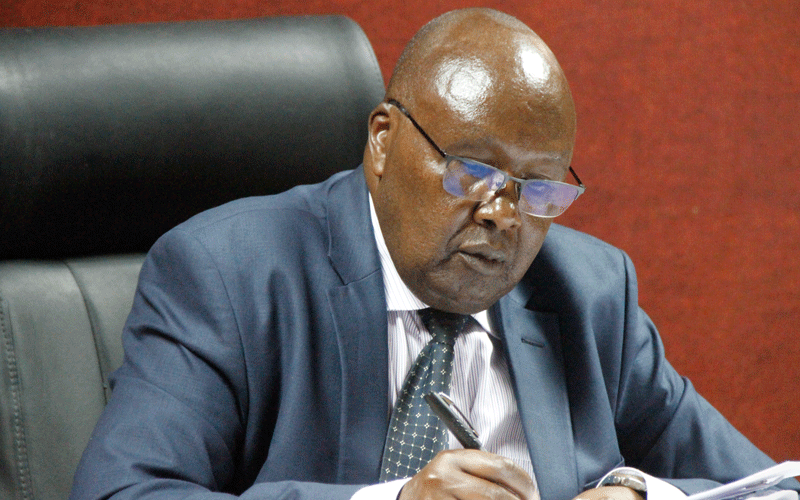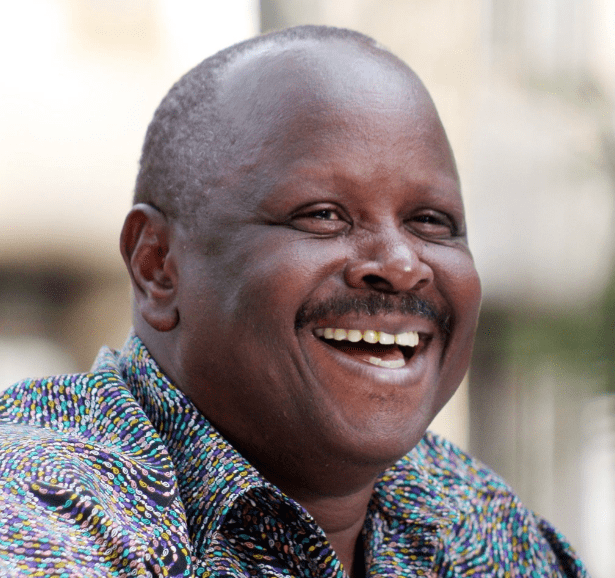Uhuru has no powers to reject appeal judges, declares Bench

The High Court yesterday declared President Uhuru Kenyatta’s decision not to appoint 41 judges recommended to him by Judicial Service Commission unconstitutional.
Justices Lydia Achode, James Makau and Chacha Mwita faulted President Kenyatta’s delay in appointing the judges, saying the time taken by the President was unreasonable.
According to the three-judge Bench, the President does not have powers to reconsider, review or decline to appoint judges recommended to him by the JSC.
“Once recommendations were made, the President was bound by the law to appoint those judges.
The President has no legal power to question or reject the names given to him,” the court said in a ruling read by Justice Achode.
The three judges faulted the National Intelligence Service (NIS) for failing to disclose alleged adverse information of integrity about some of the judges during the interview process.
Not classified information
“Without disclosure of information by the NIS, the JSC could not use the information it didn’t have in violation of their rights,” the judges ruled.
They dismissed claims by the Attorney General that the information about the judges was classified, saying the issue of integrity of judges was not classified information.
“NIS, as an organ established in the Constitution, is required to act in a manner in line with the Constitution.
In our Opinion classified information must have something to do with security and not something to do with integrity,” they said.
The NIS had written a letter indicating that there were some adverse reports on some of the judges but did not give details even when granted time to do so.
“The persons adversely mentioned in the letter were entitled to know the allegations levelled against them and ought to have been given an opportunity to defend themselves.
NIS voluntarily alluded to some integrity issues on the judges yet declined to provide that information or evidence,” they ruled.
The judges said JSC’s mandate in the recruitment of judges is not subject to control by any person or authority.
They dismissed the AG’s arguments that the President had powers to decline to appoint judges recommended to him by the JSC.
“It has not been demonstrated in this court which the provisions confer the president powers to decline to appoint judges.
There is no such powers conferred on the president to allow him to decline to appoint,” they ruled.
The judgement was in a case filed by lawyer Adrian Kimotho, who had challenged the delay in the appointment of the 41 judges, who qualified for promotion as recommended by the JSC on July 22 and August 13, last year.
He argued that the delay by the President to appoint the Judges was unconstitutional.
The AG, however, claimed there was no delay as there was no stipulated time in the Constitution for appointment of the judges.
No stipulated time
The judges, however, said the recommendations were made by July 3, 2019 and the President had no other role than to just appoint.
“Whereas the Constitution does not set the timeline, the appointment must be made because the President plays no other role than to appoint.
People of Kenya may not have assigned timelines, because they didn’t expect the President to delay the appointment.
Any action delayed beyond 14 days cannot be within reasonable time,” they ruled.












